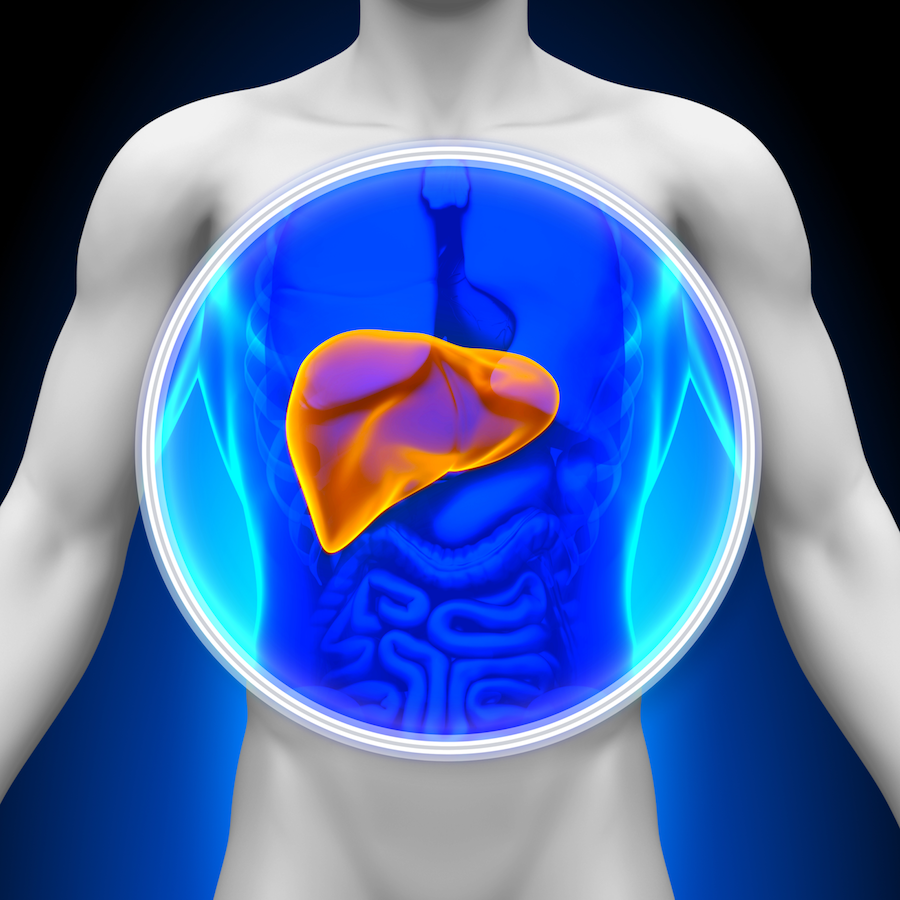Glecaprevir/Pibrentasvir Demonstrates SVR in Treatment-Naive Patients with Hepatitis C Virus and Compensated Cirrhosis
At 12 weeks post treatment per protocol analysis with 8 weeks of glecaprevir/pibrentasvir treatment, patients with hepatitis C virus genotypes 1, 2, 4, 5 and 6 achieved a sustained virologic response.

In late-breaking news at the 2018 American Association for the Study of Liver Diseases (AASLD) Liver Meeting, November 9-13, 2018, in San Francisco, California, AbbVie released results from its phase 3b clinical trial evaluating glecaprevir/pibrentasvir (MAVYRET) in treatment-naïve patients with compensated cirrhosis.
Among the results, data indicate 100% (n = 273/273) of patients with hepatitis C virus genotypes 1, 2, 4, 5 and 6 achieved a sustained virologic response (SVR) at 12 weeks post treatment per protocol analysis with 8 weeks of glecaprevir/pibrentasvir treatment.
"Current guidelines recommend a 12-week pan-genotypic regimen for people who have hepatitis C, are treatment-naïve, and have compensated cirrhosis," Robert S. Brown, Jr, MD, the Gladys and Roland Harriman professor of medicine, Weill Cornell Medical College, said in a recent statement. "We are interested in investigating shorter treatment options, which may simplify care for patients with compensated cirrhosis while providing high cure rates."
Part of the ongoing phase 3b EXPEDITION-8 study evaluating the safety and efficacy of glecaprevir/pibrentasvir in treatment-naïve chronic hepatitis C patients with compensated cirrhosis across all major genotypes (GT1-6), the analysis also includes 2 cohorts.
Patients in Cohort 1 were treatment-naïve with hepatitis C virus infection (genotypes 1, 2, 4, 5, 6) and compensated cirrhosis (n = 280), while Cohort 2 includes treatment-naïve GT3 patients with compensated cirrhosis (n = 60).
A total of 7 patients were excluded from the SVR per-protocol analysis and 5 patients were lost to follow-up. Furthermore, 2 patients received less than 8 weeks of treatment; however, 1 of the 2 patients was still able to achieve SVR.
The percentage of patients achieving SVR in a per-protocol analysis is serving as the primary endpoint while on-treatment virologic failure and relapse rates are serving as the secondary endpoints.
No virologic failures have been reported in Cohort 1, and none of the patients have discontinued the treatment due to adverse events. Pruritus (9.6%), fatigue (8.6%), headache (8.2%) and nausea (6.4%) include the adverse events (>5%) reported in the study populations. Although not deemed to be related to glecaprevir/pibrentasvir treatment, 6 serious adverse events (2%) have occurred during the study. No new safety signals were found.
"[Glecaprevir/pibrentasvir] is already having a significant impact on people living with hepatitis C virus infection,” Janet Hammond, MD, PhD, vice president, infectious diseases development, AbbVie, said in a recent statement. “However, there are still groups of patients who may benefit from a shorter treatment option. We continue to investigate and understand the value of an 8-week treatment regimen for patients, something we recognize as an important step towards hepatitis C virus elimination."
Dosed once-daily as 3 oral tablets, glecaprevir/pibrentasvir is a pan-genotypic, once-daily, ribavirin-free treatment that combines glecaprevir (100mg), an NS3/4A protease inhibitor, and pibrentasvir (40mg), an NS5A inhibitor.
It was previously approved for the treatment of chronic hepatitis C virus in adults across all major genotypes (GT1-6).
Related Coverage
MAVIRET Earns Marketing Authorization in Europe for HCV Treatment
Hepatitis C Cure Rate Tops 90% in Hard-to-Treat Genotype 3 Patients